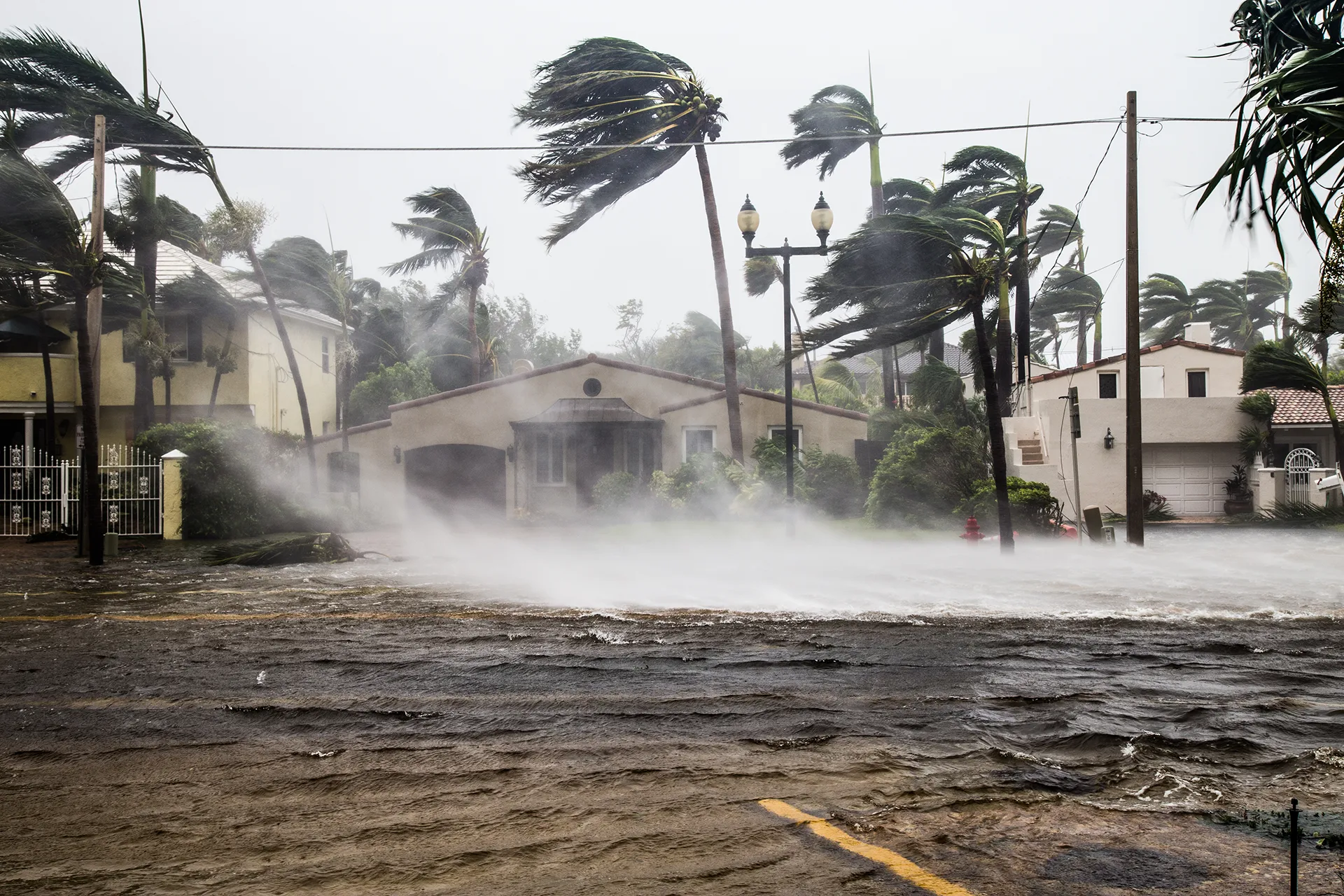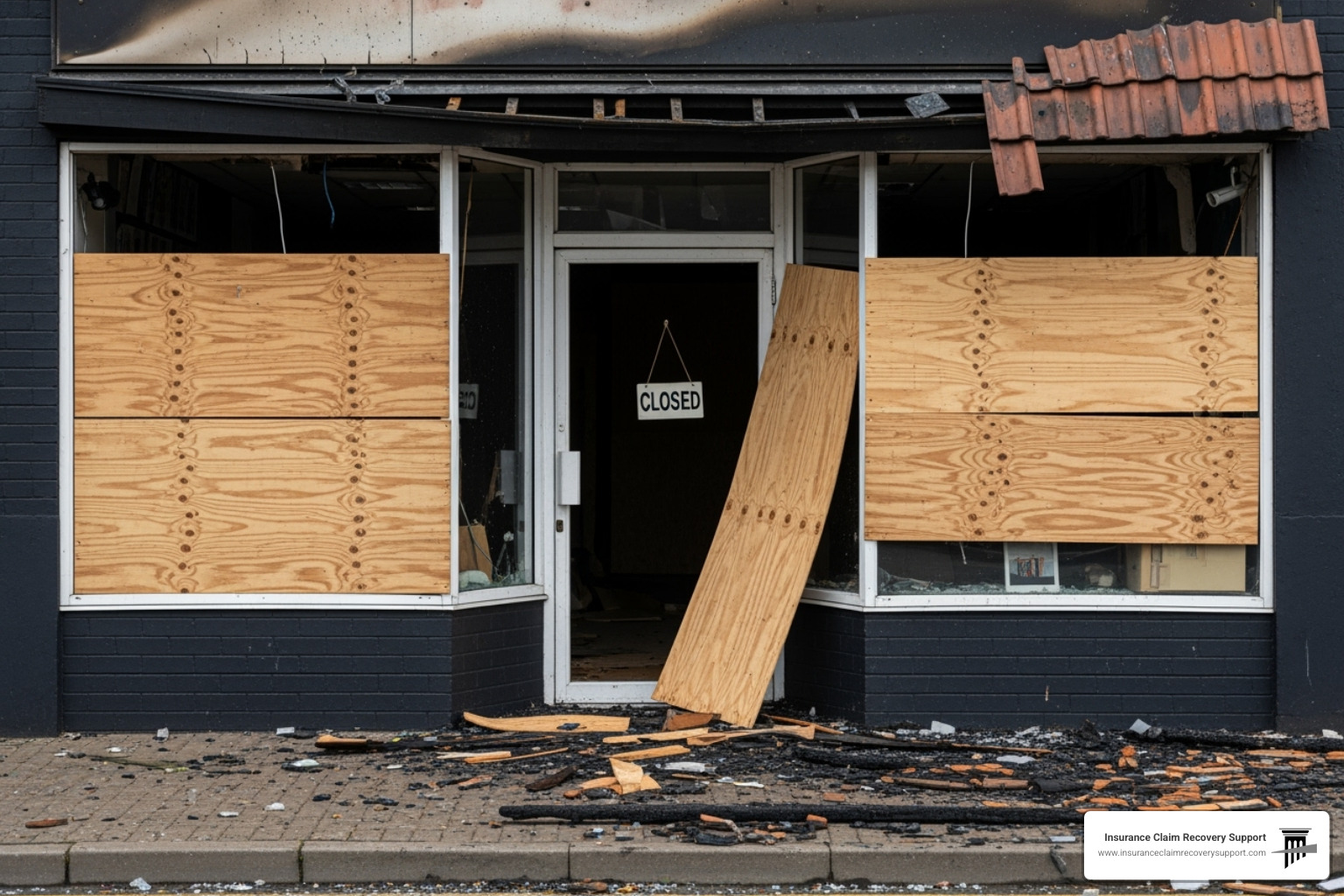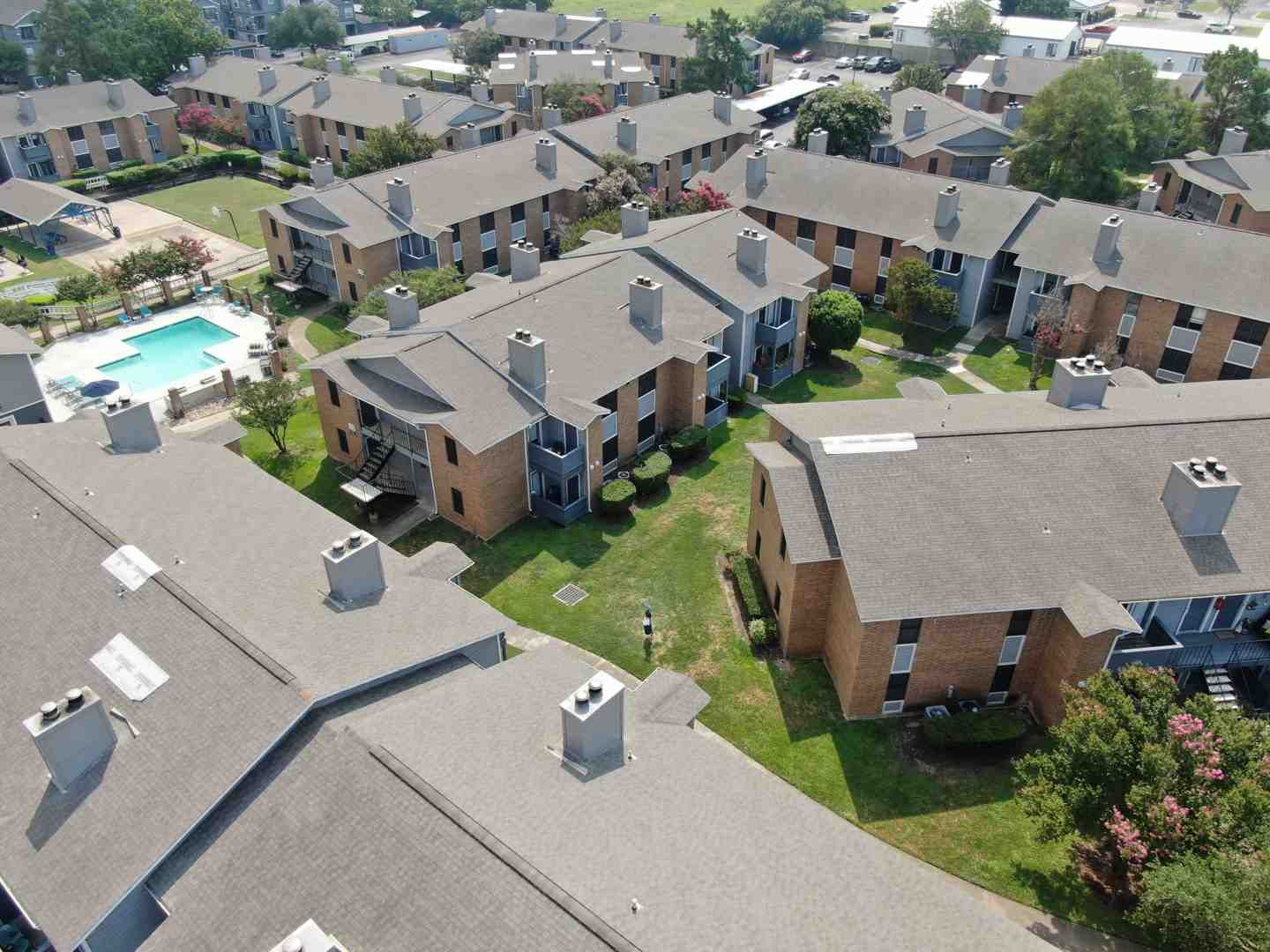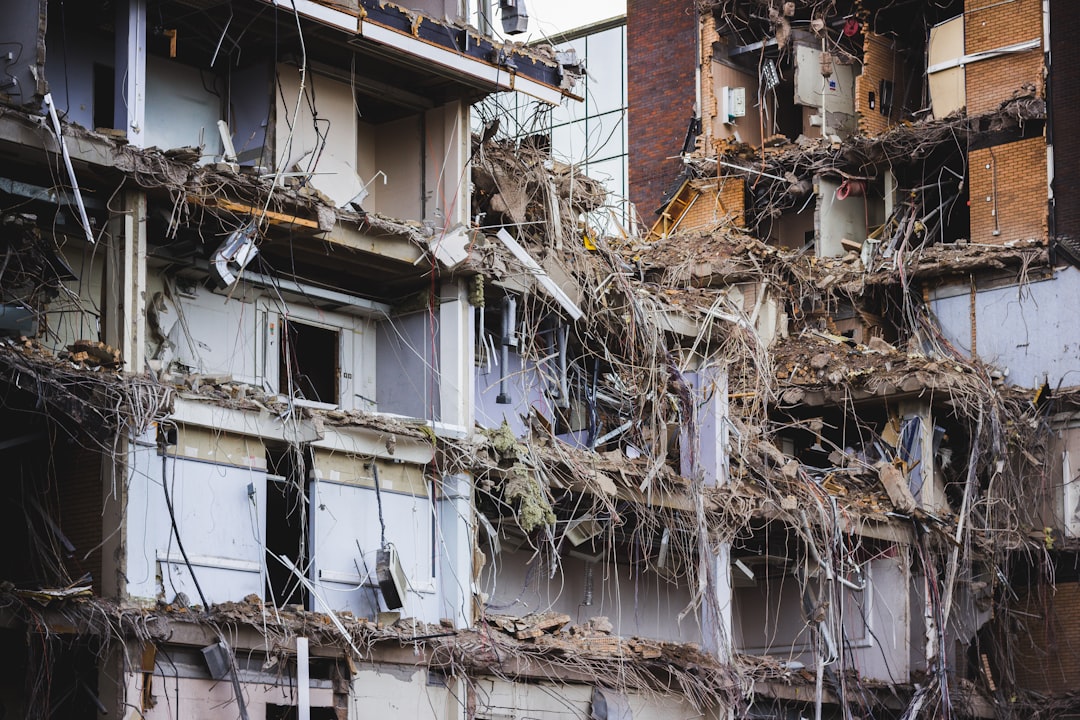Introduction
Is there a hurricane coming to Florida right now?
- As of now, there are no active storms threatening Florida.
- The Atlantic Hurricane Season runs from June 1 to November 30.
- Stay updated through reliable sources like the National Hurricane Center.
Florida’s hurricane season can be an anxious time for residents and property owners. The Atlantic Hurricane Season, which stretches from June 1 to November 30, brings the potential for powerful storms. These hurricanes can cause severe damage to homes, businesses, and infrastructure.
Understanding the current state of hurricane threats is crucial for everyone in Florida. Right now, there are no active hurricanes threatening the state. However, staying informed is essential as conditions can change quickly.
To ensure you are prepared, keep an eye on regular updates from trusted sources like the National Hurricane Center. Preparedness can make all the difference during hurricane season.
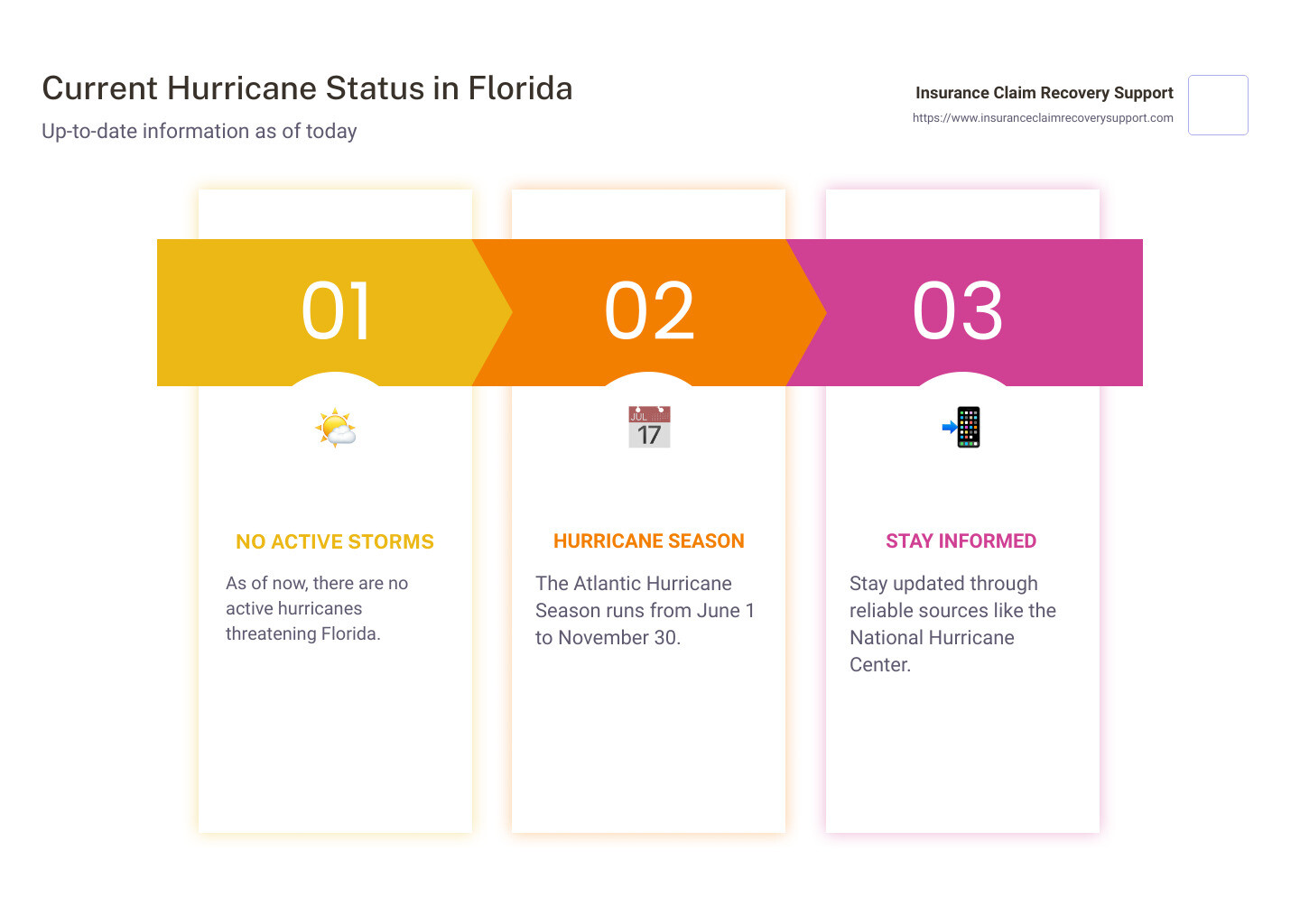
Understanding the Atlantic Hurricane Season
The Atlantic Hurricane Season runs from June 1st to November 30th each year. During this period, the Atlantic Ocean, Caribbean Sea, and Gulf of Mexico are more likely to produce tropical cyclones, which can develop into hurricanes.
What are Tropical Cyclones?
Tropical cyclones are rotating systems of clouds and thunderstorms that form over warm ocean waters. They are categorized based on their wind speeds:
- Tropical Depression: Winds up to 38 mph.
- Tropical Storm: Winds between 39-73 mph.
- Hurricane: Winds of 74 mph or higher.
Key Dates and Statistics
June 1st marks the official start of hurricane season. From this date, the likelihood of tropical cyclones forming increases significantly. The season peaks around mid-September, when ocean temperatures are at their warmest, providing the necessary energy for storm formation.
November 30th is the official end of the season. However, it’s important to note that hurricanes can form outside these dates, though it’s less common.
Why This Season Matters
The period from June to November is critical because it encompasses the time when conditions are most favorable for hurricanes. Warmer ocean temperatures, lower wind shear, and higher humidity levels create the perfect environment for these storms to develop.
For example, the NOAA has predicted an above-normal 2024 hurricane season, which means there’s a higher chance of more intense storms. This prediction is based on warmer ocean temperatures and other climatic factors.
Stay Informed
Understanding the timeline and conditions of the Atlantic Hurricane Season helps in preparing for potential threats. Regular updates from the National Hurricane Center can provide the latest information on storm formations and their projected paths.
By staying informed and prepared, you can better protect yourself and your property during this critical period.

Next, we’ll look at the current hurricane threats to Florida and how to stay safe during the season.
Current Hurricane Threats to Florida
No Tropical Cyclones
As of now, there are no active tropical cyclones threatening Florida. This means that residents can breathe a sigh of relief, but it’s crucial to remain vigilant. The Atlantic Hurricane Season runs from June 1 to November 30, so conditions can change rapidly.
Atlantic Outlook
The latest Atlantic outlook shows a low chance of tropical cyclone formation over the next 48 hours and the next 7 days. A surface trough in the southwestern Atlantic is being monitored, but environmental conditions are not conducive for significant development. The National Hurricane Center projects only a 10% chance of formation over the next week.
Eastern North Pacific
In the Eastern North Pacific, there’s currently no significant tropical activity that poses a threat to Florida. However, it’s always wise to keep an eye on updates from reliable sources. The National Hurricane Center issues regular Tropical Weather Outlooks to keep the public informed.
Stay Updated
For the latest information on potential storm threats, visit the National Hurricane Center. They issue updates every 6 hours during the hurricane season, providing crucial details on storm formations and their projected paths.
While there are no immediate threats, staying informed and prepared is key to navigating the hurricane season safely.
Preparing for a Hurricane in Florida
Preparing for a hurricane in Florida is crucial to ensure safety and minimize damage. Here’s what you need to know, whether you’re in Northwest Florida or the Florida Keys.
Northwest Florida
Northwest Florida often faces severe weather during hurricane season. This area can experience strong winds, heavy rains, and even tornadoes. Patchy to locally dense fog is also common, which can make evacuation difficult. Make sure to:
- Identify Evacuation Zones: Know your zone and plan your route. Visit FloridaDisaster.org to check your zone.
- Prepare an Emergency Kit: Include essentials like water, non-perishable food, a NOAA weather radio, and first-aid supplies.
Florida Keys
The Florida Keys are particularly vulnerable due to their low elevation and proximity to the ocean. The narrow geography can make evacuations challenging. Here’s what you should do:
- Stay Informed: Keep updated with the National Hurricane Center.
- Secure Your Property: Remove or secure loose items from your yard that could become projectiles in high winds.
Hurricane-Resistant Features
Investing in hurricane-resistant features can significantly reduce damage. Consider the following:
- Reinforce Roofs and Walls: Strengthen these critical parts of your home to withstand high winds.
- Install Storm Shutters: These provide an extra layer of protection for your windows.
Impact-Resistant Doors and Windows
Doors and windows are vulnerable points during a hurricane. Here’s how to fortify them:
- Impact-Resistant Windows: These windows have a layer of polyvinyl butyral (PVB) or ethylene-vinyl acetate (EVA) between two sheets of glass, making them tough against debris.
- Proper Sealing: Use weather stripping and caulking to seal gaps and cracks. This prevents wind from entering and causing pressure build-up inside your home.
- Storm Shutters: Install these for added protection. They can be permanent or removable.
By taking these steps, you can better protect your home and family during hurricane season. Preparing in advance can make a significant difference when a storm hits.
Historical Impact of Hurricanes on Florida
Florida has a long history of hurricanes, with many causing significant damage and loss. Here’s a look at some of the most impactful hurricanes in recent memory.
Hurricanes Charley, Jeanne, and Dennis
Hurricane Charley (2004) was a powerful Category 4 storm that made landfall near Punta Gorda. It caused severe damage, particularly in Southwest Florida, including Fort Myers. Charley’s high winds and storm surge led to extensive destruction, with over $16 billion in damages.
Hurricane Jeanne (2004) followed closely after Charley, striking the east coast of Florida near Stuart. Jeanne was a Category 3 storm and caused widespread flooding and wind damage. The combined impact of Charley, Frances, Ivan, and Jeanne in 2004 made it one of the most active hurricane seasons for Florida.
Hurricane Dennis (2005) was another major storm, making landfall as a Category 3 hurricane near Pensacola. Dennis brought high winds, storm surge, and heavy rainfall, causing significant damage to infrastructure and homes.
Hurricanes Wilma, Irma, and Ian
Hurricane Wilma (2005) was a record-breaking storm, being the most intense hurricane ever recorded in the Atlantic basin. It made landfall in Southwest Florida as a Category 3 storm, causing widespread damage from Naples to Miami. Wilma’s rapid movement across the state left a trail of destruction, particularly due to its strong winds.
Hurricane Irma (2017) was a massive Category 4 hurricane that impacted nearly the entire state. Making landfall in the Florida Keys and then Marco Island, Irma caused catastrophic flooding and wind damage. Fort Myers and other parts of Southwest Florida were particularly hard hit. Irma’s sheer size and strength resulted in one of the largest evacuations in U.S. history.
Hurricane Ian (2022) was another devastating storm, making landfall near Cape Coral with 155 mph winds. Ian caused extensive flooding and wind damage, particularly in Fort Myers and surrounding areas. The storm’s impact was felt across the state, with significant damage to homes, businesses, and infrastructure.
Hurricane Idalia and Other Major Hurricanes
Hurricane Idalia (2023) was a major storm that affected Florida, causing widespread damage. Idalia’s strong winds and heavy rains led to flooding and power outages across the state. The storm highlighted the ongoing vulnerability of Florida to hurricanes and the importance of preparedness.
Fort Myers and Major Hurricanes
Fort Myers has been repeatedly impacted by major hurricanes. From Charley in 2004 to Ian in 2022, the city has seen significant damage from these powerful storms. The frequency and intensity of these hurricanes underscore the need for strong building codes and effective emergency planning.
Understanding the historical impact of hurricanes on Florida helps in preparing for future storms. By learning from past events, residents and officials can better protect lives and property.
Next, we’ll explore how to prepare for a hurricane in Florida, including creating a disaster supply kit, developing an evacuation plan, and protecting your home.
Frequently Asked Questions about Hurricanes in Florida
Is there a hurricane heading to Florida?
As of now, there are no active storms threatening Florida. The Atlantic Hurricane Season runs from June 1st to November 30th, so it’s crucial to stay updated during these months. The National Hurricane Center provides regular updates on potential tropical cyclones. You can check their latest outlook for real-time information.
Is Florida at risk for hurricanes?
Yes, Florida is at risk for hurricanes, especially during the Atlantic Hurricane Season from June 1st to November 30th. The state’s location makes it highly susceptible to tropical cyclones. While there are no tropical cyclones currently, the risk is very real during the season. Preparedness is key to minimizing damage and ensuring safety.
How often do hurricanes hit Fort Myers?
Fort Myers is hit by a tropical storm or hurricane approximately every 3 years. The area has experienced significant damage from past hurricanes, highlighting the importance of being prepared. Regular updates from the National Hurricane Center can help residents stay informed about any impending threats.
Conclusion
In conclusion, hurricanes are a formidable force of nature that requires significant preparation and understanding. The Atlantic hurricane season runs from June 1 to November 30, and during this time, Florida is highly susceptible to tropical storms and hurricanes. Staying informed and prepared is crucial for minimizing damage and ensuring safety.
At Insurance Claim Recovery Support LLC, we stand as a steadfast ally for policyholders facing the daunting task of property damage claims after a hurricane. Our commitment to advocacy ensures that you are not alone in navigating the complexities of insurance processes.

Advocacy for Policyholders
Our team is dedicated to advocating for your rights as a policyholder. We understand the stress and confusion that can arise when dealing with insurance claims after a hurricane. That’s why we work tirelessly to ensure that you receive fair treatment and the maximum compensation possible. Our experts handle the intricate details of the claim process, allowing you to focus on recovery and rebuilding.
Property Damage Claims
Hurricanes can cause extensive property damage, from structural impacts due to wind and water to losses due to power outages and more. Filing property damage claims can be overwhelming, but our experienced adjusters are here to guide you every step of the way. We assess the damage thoroughly, document it accurately, and negotiate with insurance companies to cover all eligible losses.
Serving Texas Cities
Our services span across Texas, a state all too familiar with the ravages of hurricanes. From Austin to Houston and Dallas to San Antonio, we’ve helped countless homeowners and businesses recover from storms like Hurricane Harvey and Hurricane Laura. Each city in Texas has its unique challenges, and we tailor our strategies to meet these specific needs, ensuring comprehensive support for all our clients.
Navigating the Insurance Claim Process
The insurance claim process can be intricate and fraught with challenges. Our experts at Insurance Claim Recovery Support LLC specialize in demystifying this process for you. We keep you informed at every turn, providing clarity and transparency. With our advocacy, you’re equipped to make informed decisions and achieve favorable outcomes in your claims.
In conclusion, hurricanes are a formidable force of nature that requires significant preparation and understanding. By partnering with Insurance Claim Recovery Support, you ensure that you have knowledgeable and committed advocates on your side. We help you navigate the aftermath of a hurricane, transforming the complex claims process into a manageable journey towards recovery. When it comes to hurricane damage, your best defense is a good offense—armed with the right support and information.
Stay prepared, stay safe, and remember that with the right support, you can overcome the challenges posed by hurricanes.

